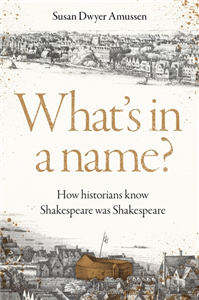Dino Fino GmbH
The children's books from Dino Fino Publishing are a possibly unique feature worldwide. Two siblings of different ages offer stories and books for children from diapers to braces. All the picture books have been or will be filmed word for word. Children who want to learn to read can therefore read along with the movie word for word. We call that picture book cinema. The first book about “Schnecki” is available on our website as PDFs in numerous languages, and the films can also be viewed there. The Feodora + Gino stories are divided into two book series: Large-format picture books are for children aged 2 to 4. When the children are a bit older and can understand slightly more complex stories, they switch to our reading books about Feodora + Gino. And when they have grown out of that age, they can read the books about Fee's brother and his cheeky little T-Rex friend. The book series about Dino + Ricky is written for children aged 6 to 10. These books are a little more challenging, cheeky and exciting, Our stories can therefore accompany children throughout their childhood. One of our readers once said: “The books from Dino Fino Publishing are like eating chips: Once you start, you never want to stop”.
View Rights Portal





















